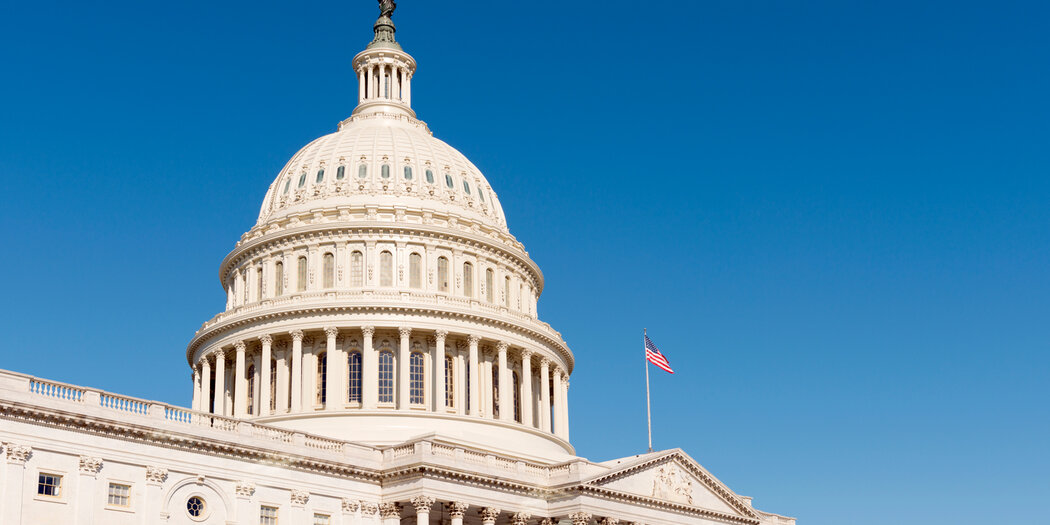It is not that a piece of legislation can’t pass on it’s merits, it is that one side decides NOTHING will pass on purely partisan grounds.
I'll assume by one side you meant the minority party, which could be Dems or Repubs. Some things have been passed with minority help, most recently the $1 trillion infrastructure bill. Before that they passed stimulus checks a few times too. They used to do it before now, which tells me there's nothing wrong with the system.
The problem is that the use of the filibuster (like gerrymandering) has gone way beyond precedent. It is no longer a tool used to block the occasional legislation that is intenable to the minority party, it is tool for obstruction.
When a political party attains a supermajority (60 seats or more) then they have the power to pass whatever they want to without obstruction, and that's the way it oughta be cuz the voters elected them and as we all know, elections have consequences. BUT - when they don't (typically) then it behooves them (majority party) to get things done and that requires or should require at least an attempt to compromise with and negotiate some kind of deal with the minority party. Sometimes it is the minority that won't cooperate, that is true and both parties have done that. But sometimes it is the majority party that won't cooperate by negotiating in good faith; it takes 2 to tango as they say, and it isn't always the minority that refuses to dance.
When Reid made his carve out, he was looking at an unprecedented blocking of judicial nominees, not on merit, on principle because the Republicans decided
they were going to block everything that president might attempt and hold judgeships for a possible future Republican president. How can that possibly be good for our country?
Are you claiming that it is only the Republicans that have been guilty of that? Funny thing, the democrats howled long and loud about justice appointments in the last year of a presidency but sang a different tune when it was their president.
1969 predates Harry Reid. So no, he did not start this process.
He sure as hell accelerated it. In 1969, the objection had to do with faithless electors. It lost by large margins. I have no doubt that both sides have used the threat of the nuclear option to advance their political objectives, sometimes it worked and sometimes it didn't. As far as I know, outside of the reconciliation process the 1st time either side used a carve-out to avoid a filibuster was when Harry Reid did it in 2013. No one has tried to advance new legislation via the nuclear option, ever. Until now.
When does preserving minority rights become a tyranny of the minority?
That pretty much depends on a person's point of view. What if the shoe is on the other foot and the GOP owns the WH and Congress and they use the nuclear option to pass a law that outlaws abortion by a 51-50 margin because the democrats wouldn't support their bill to do that. Let's not pretend that this isn't done by both sides for political purposes. Should we change the rules to forever eliminate any and all minority rights? Should we change the system or change the people in it?
When does preventing extreme legislation from passing and forcing compromise and negotiation become nothing more than total or near total obstruction?
I kinda think extreme legislation ought not to be passed. Period.
Is this system still working for us as a country? Is it supporting bipartisanship? Or does it only support partisanship?
I say that the system isn't perfect and obviously it can be abused for political purposes. But when I see the same people hollering for the end of the filibuster who were the same people hollering against that a few years earlier, it seems plain that we don't have a system problem; we have a people problem. They liked it when it was in their interests to do so and hate it when it doesn't. Fuck that. IOW, we don't need to change the system, we need to change the people in it.
Right now, we have a group of moderate senators from both sides working on reforming the 1887 Electoral Count Act. Maybe it will reduce the chances of another Jan 6, I dunno. A few months ago we had a bipartisan group come up with a bipartisan infrastructure ill that got passed and signed. My point is that bipartisanship is possible and I would rather see more bipartisanship rather than none at all. If the filibuster is abolished, then any chance of such bipartisanship would be gone. Oh, they'll all support certain highly popular measures where opposition is political suicide, but for most issues it's not that way. Yeah, the majority party in the Senate can do as they please if the filibuster is gone, but for the most part you won't have moderates from both parties working together to arrive at some common ground. And that would truly suck.

